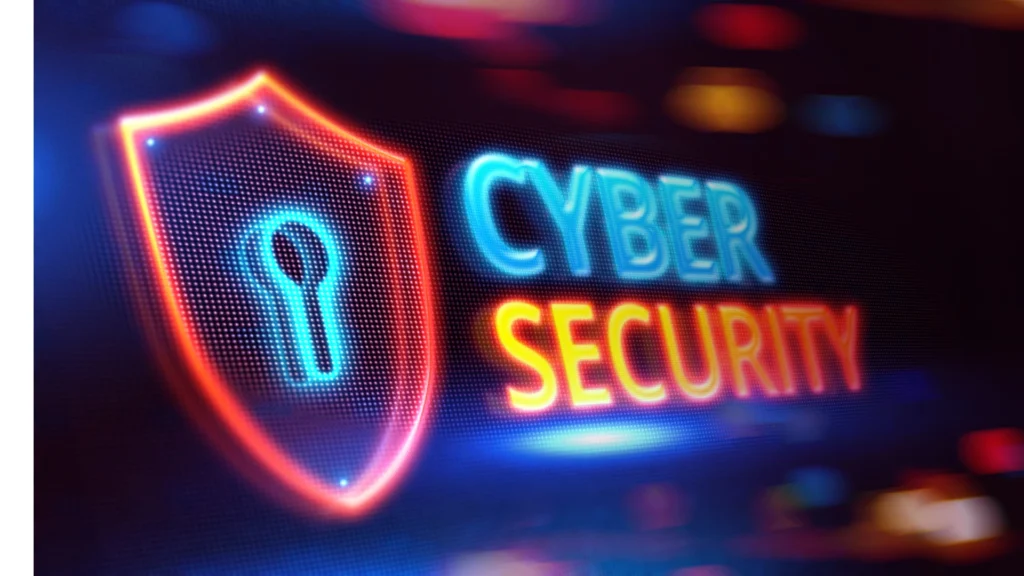
Cybersecurity Tips for Remote Workers
To many, remote work feels like an ideal setup: skip the traffic, stay cozy in pajamas, and enjoy coffee from the comfort of your own kitchen. The biggest concern? Cybersecurity for remote workers.
The rush to move work online has been enormous in recent years, and with it the shift toward flexibility, and toward hackers, has only accelerated. As more people sign on from home and personal devices, and from unsecured Wi-Fi networks, hackers are finding new avenues to slip in. That’s where knowing cybersecurity tips for remote workers comes in, and it’s not only “important” it’s “mandatory.”
The New Normal: Working From Home in 2025
Remote work security isn’t going anywhere. As the remote revolution grows and spreads across all types of businesses, diverse companies are adopting it. But this digital freedom comes at a price. When you’re not sitting behind some corporate firewall, you’re effectively the IT department.
You think, “I’m just responding to emails and I’m doing meetings. Why would anyone hack me?” But cybercriminals don’t discriminate. They will go after anyone—even more so if your remote security practices are weak.
How Remote Workers Are Weak Links
Here’s the truth: people who work remotely are low hanging fruit for hackers.
Many use:
- Personal laptops with outdated software
- Public Wi-Fi at cafes or coworking spaces
- Weak or reused passwords
- Tools and file sharing platforms that are not encrypted
One misclick on a phishing link and poof your entire company’s data is vulnerable. Cyberattacks on remote workers aren’t all about stealing credit card information. They can lock you out of systems, leak client data, or leave you so embarrassed by something they’ve said or done that your professional reputation flounders.
And no, having antivirus software doesn’t guarantee you’re safe.
A Day in the Life of a Remote Worker (With Risks Lurking)
Consider Sarah, a freelance designer who likes to work from her local coffee shop. She logs on to the café WiFi and checks her email. There’s a note from what appears to be her cloud storage provider, requesting that she re-enter her password. She does without thinking.
Two hours later, a hacker has compromised her cloud drive, trashed files, and is asking for a ransom. Her client data is gone. Her business is paralyzed.
This is not an uncommon story, it is the new normal. Which is why cybersecurity awareness for remote workers is no longer optional reading—they are a part of staying employed.
What Makes Cybersecurity “Invisible”
Whereas a broken screen and slow internet can be seen, remote cybersecurity issues are not, at least until it’s too late. Other threats lurk quietly in the shadows. Some malware can live in your system for weeks, hunting for targets, logging your keystrokes, or scanning your files.
You’re no doubt OK one day and your client files are gone the next. That’s how hackers work quietly and efficiently.
That’s why being proactive about cybersecurity is a thing.
Cybersecurity Culture Starts at Home
Workers who are remote, however, tend to believe cybersecurity is the employer’s responsibility. But in a home office world, responsibility changes. You are the first and last line of defense.
Promoting a cybersecure mindset for remote work is the same as promoting any other habit:
- Locking your computer when you walk away
- Updating your software regularly
- Never sharing your password with anyone: friends, co-workers, no one
- Secure cloud storage instead of random USB drives
- These can be small measures, but collectively create a solid digital wall between yourself and potential threats.
The Real Cost of a Breach
With most things, it’s only when the worst happens that people begin to appreciate the importance of certain aspects. But by that point, the harm is already done.
Here’s what a security incident can cost a remote worker:
- Loss of client trust
- Legal issues from exposed data
- Monetary loss from ransomware or scam
- Bans on accounts you have created in platforms you are using, such as Fiverr and Upwork
- Downtime and mental stress
Picture spending weeks on a project and then losing all of it because someone broke into your Google Drive. That’s not just inconvenient, it’s career threatening.
Remote Doesn’t Mean Risky If You’re Prepared
Let’s not forget: remote work is awesome. More flexibility, better work life balance, and often more productivity. But just like locking your car or home, your digital workspace needs protection.
And no, you don’t need to be a tech expert. There are user friendly cybersecurity tools and basic habits that go a long way.
Simple things like:
- Using two-factor authentication
- Installing a VPN
- Avoiding suspicious links
- Separating work and personal accounts
- These small moves make you a much harder target.
It’s Time to Take Control
The digital world is not inherently dangerous, but it does favor the prepared. If you’re working from home in 2025, it’s time to stop calling up Zoom meetings and to do lists.
Think cybersecurity tips for remote employees. Think awareness.
Online security tips for remote workers aren’t just technical suggestions, they’re vital for protecting your career. Whether you’re freelancing, working for a company, or running your own business, being cyber-aware is key to staying relevant and connected.
Final Thoughts
Remote work is not just a blip; it is the future of work—and that future necessarily demands smarter cybersecurity habits. You’ll wish you had tried sooner if disaster strikes. Incorporate cybersecurity best practices for remote work into your daily tasks as regularly as checking email or running to a meeting. Because in a remote first universe, staying safe is part of staying employed.





